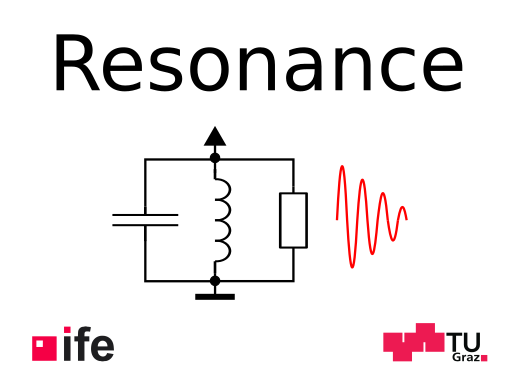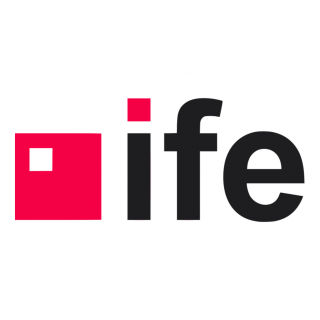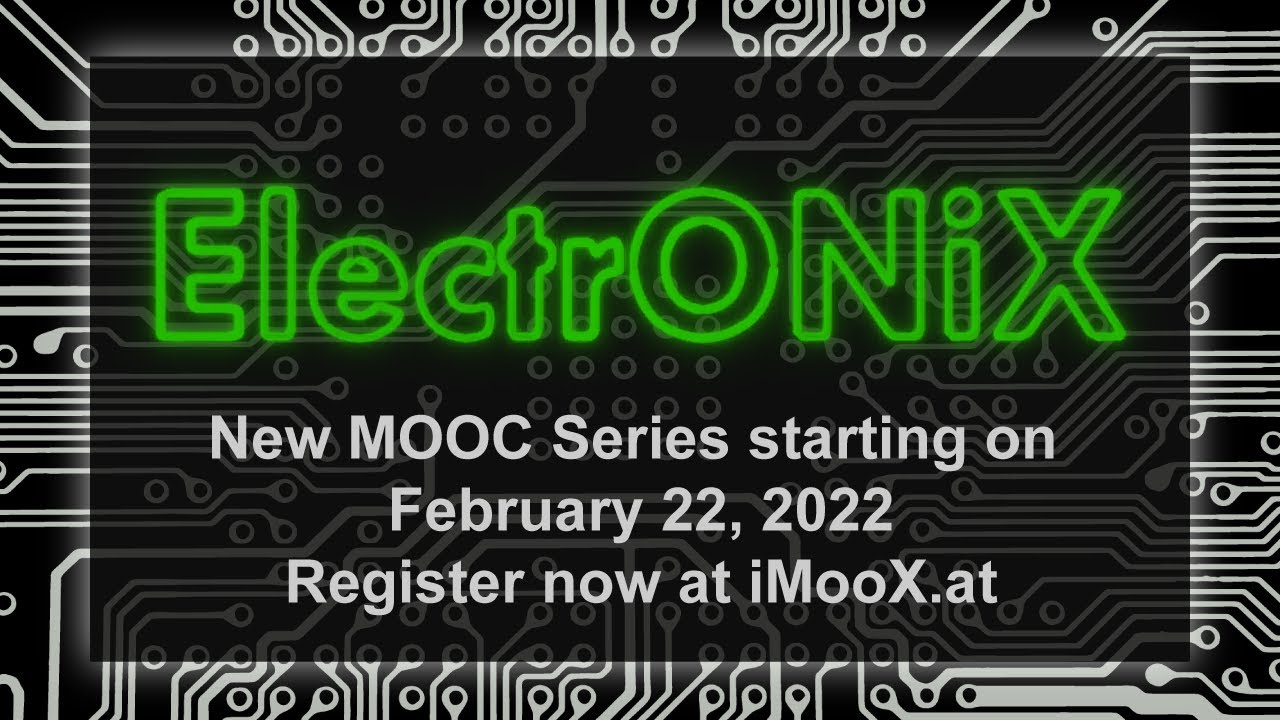


ElectrONiX – Resonance
Graz University of Technology
Institute of Electronics
About
Trailer for ElectrONiX – Resonance
General Course Information
This course, as its name suggests, is about resonances - where do they cause problems, where do they solve them and how can they be measured at all?
These questions and more are dealt with and clarified in the topics Laboratory Basics, Resonance Circuits, Active Filters and Passive Filters.
Content
Course Content
In this MOOC we cover the basic properties of resonance circuits, active filters and passive filters. We will also explain the basic function and application of some important measuring devices. The aim is to provide both the mathematical tools and the practical understanding to be able to build, calculate and measure appropriate circuits independently. For this purpose, theory, calculation, simulation and practical examples are available.
The course is divided into four parts:
- Lab Basics
- Multimeter
- Function Generator
- Power Supply
- Oscilloscope
- Passive Filters
- Active Filters
- Resonance Circuits
Course Goals
The learning objectives of the individual sections are divided into four learning objective taxonomy levels and are detailed again in the respective sections. For the sake of simplicity, only the learning objectives of the highest taxonomy level are listed here.
Lab Basics- Select the appropriate (best possible) probe for a measurement with an oscilloscope for a given problem.
- Identify and solve problems in the measurement setup.
- Develop a suitable measuring circuit to determine a known resistance using a multimeter based on given parameters.
- Design a 2nd order high pass filter for a given cutoff frequency.
- Select a T, L, or PI filter for a given load and input impedance.
- Size a sallen-key/multiple-feedback filter with given characteristics and table of coefficients.
- Derive the formula for the resonance frequency of a simple RLC combination.
Previous Knowledge
The MOOC assumes only some basic knowledge of electrical engineering. This includes:
- Ohm's law,
- Kirchhoff's circuit rules,
- Alternating and direct current,
- Basics of electrical components (resistor, coil, capacitor, voltage and current sources).
- Basics of electronics (diodes, bipolar transistors, MOSFETs, transistor circuits and operational amplifiers, see ElectrONiX - Amplifiers).
Course Procedure
Each unit is structured as follows:
- The first videos lay the theoretical foundations of each unit.
- These Videos are followed by a voluntary self-examination to check the theoretical knowledge.
- The following block deals with practical examples,
- again followed by a voluntary self-examination.
- For the particularly motivated, we offer additional material. This can be simulation examples or detailed elaborations.
- Finally, there is a test. In order to obtain a certificate, at least 75% of the points must be achieved.
- Positive completion of the test results in receiving a badge.
Questions can be asked in the accompanying forum. These can then be answered by both the course creators and the participants.
Certificate
For actively participating in the course you will receive an automatic certificate which includes your username, the course name as well as the completed lessons. We want to point out that this certificate merely confirms that the user answered at least 75% of the self-assessment questions correctly.
In addition, a badge is created for each unit, which can be downloaded as an image.
Licence
This work is licensed under a CC BY 4.0. This includes all pictures with the exception of all logos.
Courses
This course can be taken concurrently with the course "Elektronische Schaltungstechnik 2, VO"/"Electronic Circuit Design 2, L" at Graz University of Technology.
On Social Media
Course Instructor

Institute of Electronics
Project Lead:
Dominik Zupan
ElectrONiX MOOC Team:
Michael Fuchs, Nikolaus Czepl, Clara Scheiber, Sabrina Koffler, Christoph Maier, Ćazim Sinanagić
Video Editing and Sound:
Martin Schachl, Daniel Brantner (LLT TU Graz), Stefan Janisch (LLT TU Graz)
Translation:
Ćazim Sinanagić
Login & Enrol Currently: 352 Participants
Free for all € 0.00
Partners
This MOOC was funded by the METIS ("MicroElectronics, Training, Industry and Skills") project within the Erasmus+ programme of the European Union. More information about the project is available at https://www.metis4skills.eu/.

Graz University of Technology
Graz


